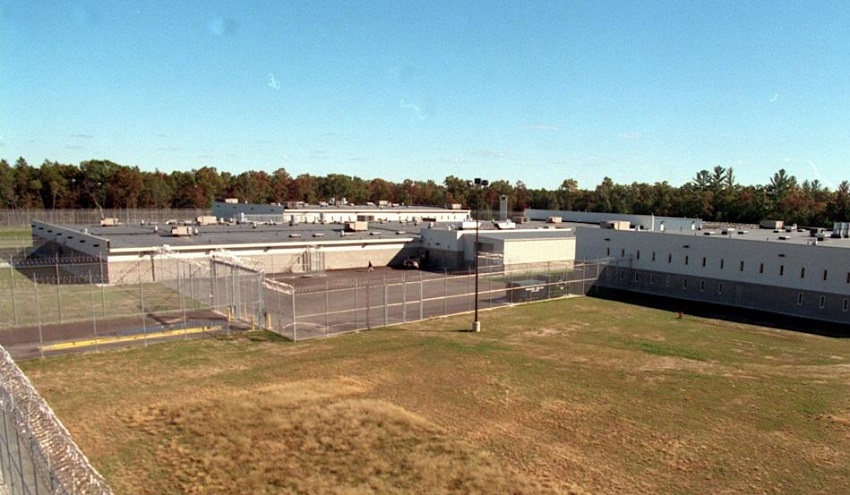WEBBER TOWNSHIP, Mich. — A private prison near Baldwin, Michigan, which was closed in 2022, is set to reopen under a new role as a federal immigration processing center for U.S. Immigration and Customs Enforcement (ICE), the facility’s operator, The GEO Group, announced on Thursday.
The 1,800-bed North Lake Facility, owned by the Florida-based GEO Group, will immediately begin operations as a processing center. According to the company, the initial contract for the facility is expected to transition into a long-term agreement in the coming months, with projections indicating the contract could generate $70 million in revenue during its first year of operation.
GEO Group’s Executive Chairman, George C. Zoley, expressed confidence in the facility’s new role, stating, “We expect that our company-owned North Lake Facility in Michigan will play an important role in helping meet the need for increased federal immigration processing center bedspace.” Zoley also highlighted the company’s long-standing relationship with ICE, which spans over four decades. “We are proud of our 40-year public-private partnership with ICE, and we stand ready to continue to help the federal government meet its expanded immigration enforcement priorities,” he said in a statement.
The North Lake Facility had previously closed in 2022, following an executive order from President Joe Biden aimed at ending the federal government’s use of private prisons. Before its closure, the facility was the largest employer in Lake County, providing jobs for approximately 300 local workers. Even in its dormant state, the facility remains the county’s largest taxpayer.
The decision to reopen the facility has sparked mixed reactions within the local community. The American Civil Liberties Union (ACLU) has voiced strong opposition to the idea of using the facility to house ICE detainees. The ACLU argues that the facility would not be a suitable environment for the community and could exacerbate existing social and ethical concerns surrounding private detention centers.
However, local leaders in Lake County have expressed support for the reopening of the facility, seeing it as an economic opportunity for the region. Lake County, which is among the poorest counties in Michigan, stands to benefit from the influx of jobs and revenue generated by the facility’s new operations.
While the debate continues, it remains clear that the North Lake Facility will play a significant role in both local employment and national immigration enforcement policies in the months ahead. The community’s response to its reopening will likely continue to evolve as the facility begins its new mission under federal immigration law.







